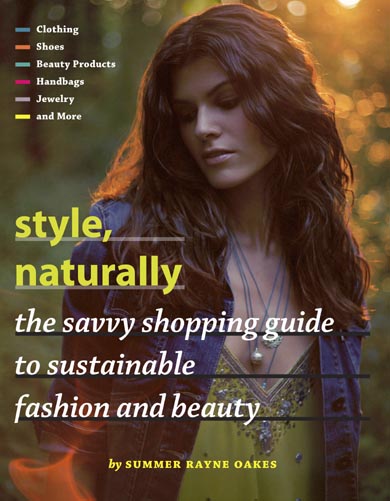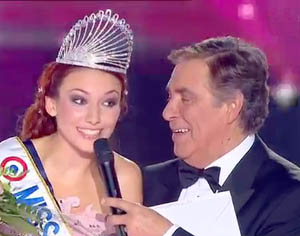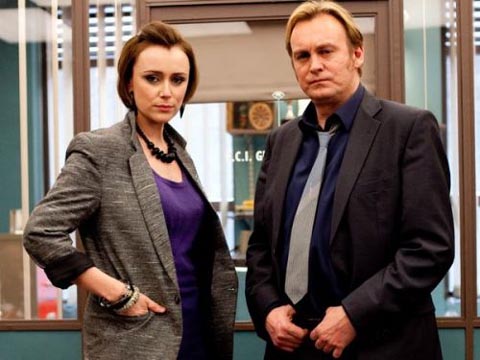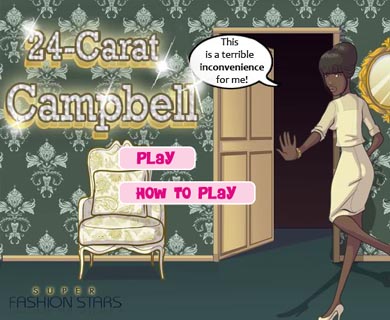Who really is this human Kiwi that can climb the world’s highest rock, run the world’s fastest mile, win the Victoria Cross twice, create the second top-grossing Academy Award-winning ?lm, and split the atom in an act that would forever transform our world? New Zealanders are a people that have proven themselves as warriors in battles on all playing ?elds, as well as in wars not their own. And as our focus turns towards the Beijing Olympics, it is time for us to again feel that patriotic pride, drawing our focus upon our nation’s athletes as they take on the best and the greatest in the biggest country in the world.
As all the athletes line up at the starting blocks, supporters cheering from the side, it might be useful to consider what might be running through some of their minds. For a New Zealander is a dreamer, but one who acts, and one that ventures forth into the unknown with a sense of naïve and inner surety—the guts to head out very naked into the world. Indeed, most Kiwis leap, our ?ightlessness con?rmed by our eventual return.
Exporting out our best spirited work to places as far reaching and exotic as Syria, Kazakhstan, Cambodia and Dubai—teaching schools, building bridges, crossing war zones and joining Red Cross medics, we all eventually arrive back home with pockets full of the world. Such wild, fantastical destinations ful?l that Pagan element within us, that hunger to clamber through the mountains, sail the sun-drenched seas, hunt for a meal amongst the forest—yet all the while attending Christian church at least one or two times a year. And for the most part it feels good to be a Kiwi, better, it seems, than many other professions one can aspire.
Aiming to forge an evolving identity, New Zealand is no more a forgotten island colony on the impoverished brinks of civilization—hidden deep within the once impenetrable Paci?c. Able to access most other overseas destinations within 24 hours, Aotearoa is a peaceful haven set amongst a rapidly, even rabidly maddening world. Cultivating the ?res of Maori spiritual authenticity, a remarkable people, a race that refused to die—combined with the undeniable intellectual and ?nancial muscle of the English whose navy once ruled the open seas—this faraway land is now only one mouse click away from contact with the rest of the western world.
New Zealand is no longer simply a white man’s stronghold. It is now the Chinese, Indians, Greeks, Italians, Dalmatians and Danes that play their part to keep this multicultural fort in the Paci?c strong. It is this diversity which adds to our strength of purpose and being. Better this, than succumb to the global recesses of corporate homogeneity—utter immersion of the masses into the dull, zombie mould. There are now thousands of Dutchmen, Apartheid-?eeing South Africans, Hungarians and Poles, even Germans and nuclear-fearing Americans that now exist within Aotearoa: all possessing that particularly human contradictory trait: a clan of self-proclaimed individualists enveloped by an all embracing communal ethic. Thus we all may abandon our country, but it will never abandon us in return.
Indeed, what binds a race is spirit, and despite the surrounding history, it is generally agreed that the Treaty of Waitangi, although imperfect, now stands as a guiding principle for men of good will to build up a sense of trust and working loyalty on all sides of the racial code. This Magna Carta of the M?ori purports a ?duciary partnership of brothers growing as one together, utilizing the strengths and unique moral standings of both signing cultures to further enhance the national identity that is growing.
What, then, is this national identity? Consisting initially of farmers and herders struggling in this strange green land, tearing down forests with their calloused, leathery hands, it was the mutual work of all participating cultures that enabled the foundations of New Zealand to be built upon which a prosperous nation would grow. Indeed today this small island continent is no longer a poor colony of England. This treasure of the Paci?c is now one of the most advanced, truly democratic societies on the planet. Environmentally balanced—15 million shy of the ravages scouring other lands, if we play our cards correctly we will be refuelling those growing scarcities while the consequences of greed makes its unwelcoming presence more clearly shown.
And as our men, women and children head out to test their metal amongst the best athletes the world has known, we should all steal a moment to understand the awesome potential of our ocean kingdom, what it already has, and will continue to do to place its imprint upon sporting history as all the cultures of our world head to Beijing to celebrate the greatest sporting event known to man …
Erupting in the sky branches unfolding 200 feet from the forest ?oor, Tanemahuta looks upon his horizon of green, beige, and yellow cousins. Mingling and intertwining, a collection of warriors and poets, the giant Kauri is content with the forti?cation of his 2,000-year-old dominion.—Nathan Hoturoa Gray
Nathan Hoturoa Gray is an author whose works have appeared in Lucire. He is about to go to Red China for the Olympics and is available for commentary or syndication.







